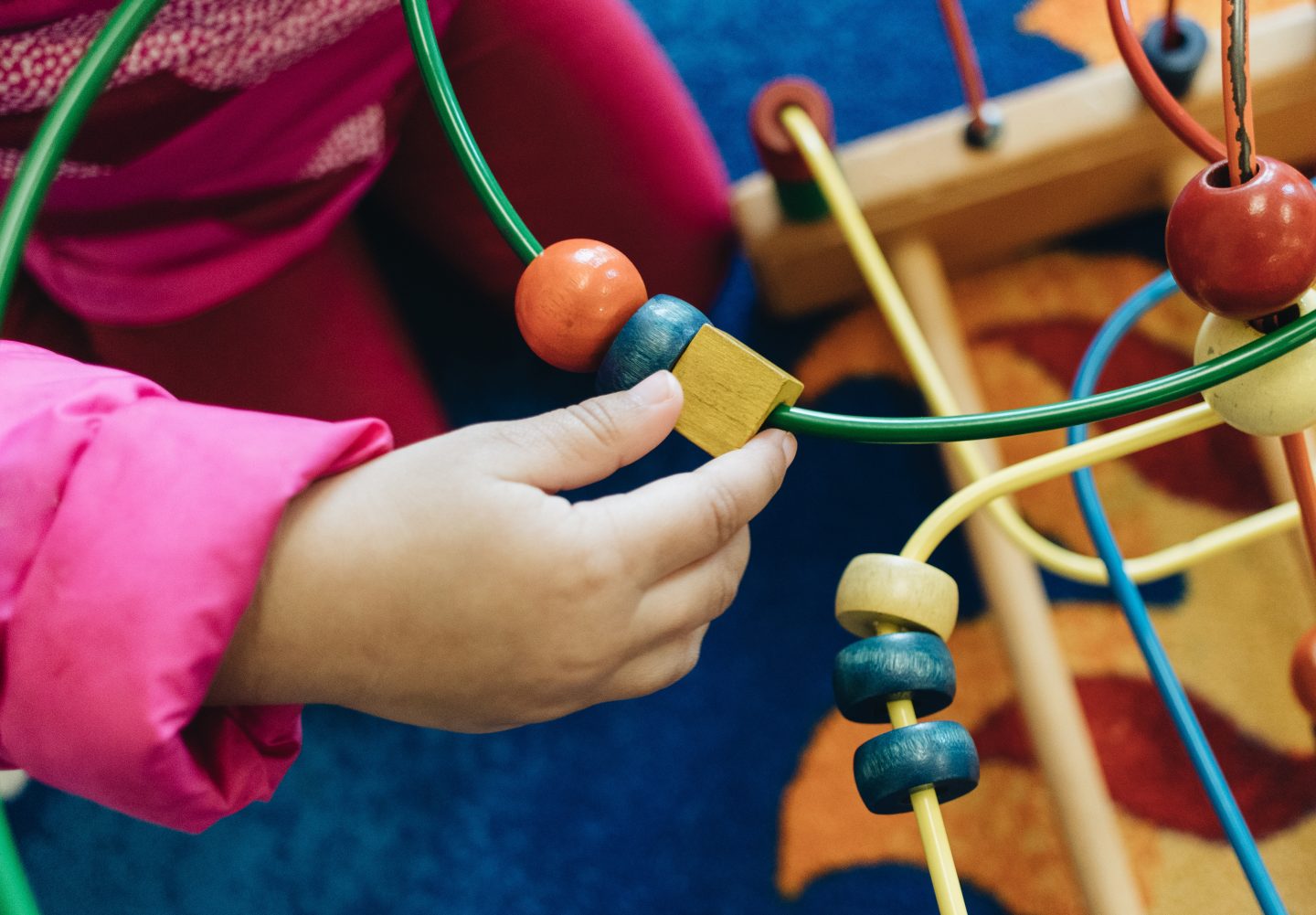
Play is not just a way for children to pass the time; it’s a fundamental part of their development. At daycare centers, play is the cornerstone of the daily routine. But what might seem like mere fun and games is, in fact, a crucial building block for a child’s physical, cognitive, social, and emotional development. In this article, we’ll explore the importance of play and how it nurtures essential skills in children attending daycare centers.
1. Cognitive Development through Exploration
Play is a child’s way of exploring the world around them. Through play, children engage their senses, experiment with cause and effect, and develop problem-solving skills. Whether they’re building with blocks, sorting shapes, or playing with puzzles, these activities stimulate their brains, helping them grasp fundamental concepts.
2. Social Skills through Interaction
Daycare centers provide an excellent environment for children to interact with their peers. Group play fosters social skills such as sharing, cooperation, and communication. It teaches children about empathy, compromise, and how to navigate social situations. These skills are invaluable for building healthy relationships in the future.
3. Emotional Expression and Regulation
Play allows children to express their emotions in a safe and constructive way. Whether they’re pretending to be superheroes, playing house, or engaging in imaginative play, children often act out scenarios that reflect their feelings and experiences. Through play, they learn to identify and manage their emotions, which is a vital life skill.
4. Physical Development and Coordination
Active play, whether it’s running, climbing, or dancing, promotes physical fitness and helps children develop their gross motor skills. Fine motor skills, necessary for activities like writing and buttoning clothes, also benefit from play with toys that involve manipulation, such as building with small blocks or threading beads.
5. Language and Communication Skills
Play is an opportunity for language development. Children often engage in conversations while playing with peers or adults. They learn new words, practice sentence structure, and refine their communication skills. Storytelling and role-playing games also enhance vocabulary and narrative abilities.
6. Creativity and Imagination
Imaginative play, such as pretending to be pirates on a ship or doctors in a hospital, encourages creativity and imagination. This kind of play helps children think outside the box, problem-solve, and come up with innovative solutions.
7. Confidence and Self-Esteem
Mastering new skills and achieving small victories during playtime boosts a child’s self-confidence and self-esteem. They learn that they can overcome challenges and succeed, which lays the foundation for a positive self-image.
8. Stress Reduction
Play is a natural stress reliever for children. It provides an outlet for pent-up emotions and helps them relax and unwind, especially after more structured activities or challenging tasks.
Conclusion
At daycare centers, play isn’t just a way to keep children entertained; it’s a vital component of their growth and development. Through play, children build cognitive, social, emotional, and physical skills that form the basis for their future success. Daycare centers that prioritize play provide a nurturing and enriching environment where children can flourish, setting them on a path toward a lifetime of learning and discovery. So, the next time you see children having fun at your daycare center, know that they are doing much more than just playing; they’re building the foundation for a bright future.
